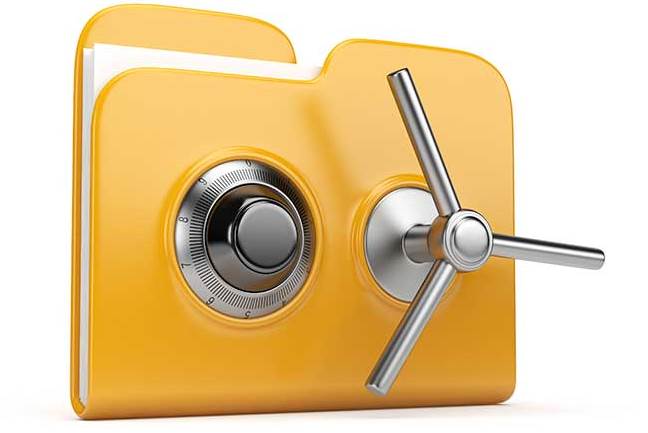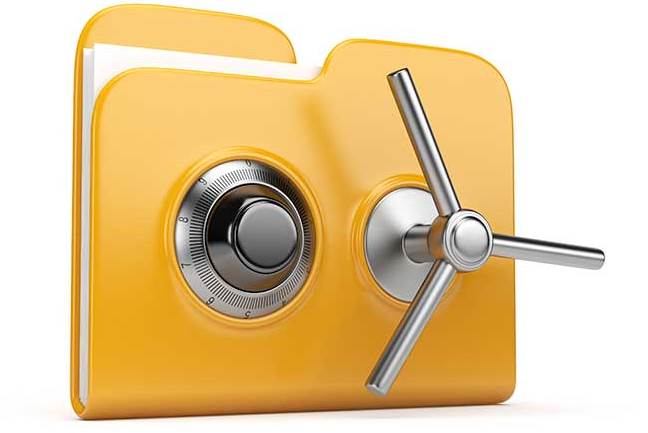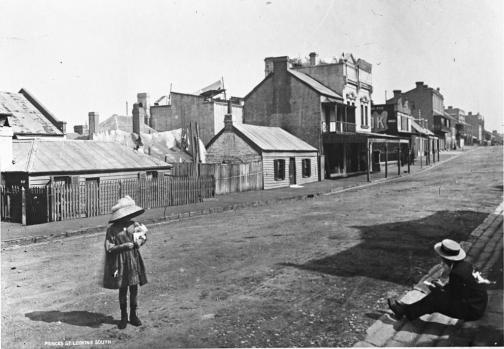
Government agencies under pressure to find creative ways to keep a tight lid on expenses and operating costs now have an example they can identify with — literally.
The federal Attorney General’s Department has confirmed its new Document Verification Service is finally switching to a pay-per-use model to run mandated identity checks on applicants for everything from gun licences to bank accounts.
Initially piloted in 2005/6, the electronic checking service works by acting as a hub, or essentially a transactional clearing house, for details on documents presented for proof of identity checks.
The system expedites and automates what was previously known as the ‘100 points test’ that required designated businesses and agencies to sight and or record — usually through copying — people’s identity details and then manually cross checking them at a considerable cost to both the business and document issuers.
Under the new system key document details are entered for electronic checking and then securely transmitted through the DVS hub back to issuers to verify their integrity.
What comes back is a simple yes or no answer, although there is a third option to notify checkers if messages don’t clear or stall rather than generating a false negative.
Now, having been started in 2005 as a pilot project, the DVS will not only be made available to government agencies but to private industry as well.
The availability of the DVS checks to banks, utilities and other regulated businesses represents a substantial boost to efficiency and a reduction in expensive manual process.
It is believed that the government is proposing a usage fee of around $1 with some volume-based discounts. For many businesses, that could represent a saving in the range of between three to 10 times less than existing manual procedures.
According to the Attorney General’s Department, some 230 applications “Business User” applications have been taken from companies, while another three Gateway Service Providers are connected and able to process live transactions.
Projections of private sector use for the upgraded DVS have been pegged at around about 10 million checks per year.
At the moment the DVS Hub is estimated to be churning through more than 8,000 matches per day, or 32,000 individual transactions (because multiple documents need to be checked).
But that the number of matches is expected to double to 16,000 per day by end 2014, as more users plug into the DVS Hub.
So far, average speeds for passports, driver licenses, visas and citizenship certificates are less than one second.
But while the DVS system may sound straightforward, the road to automation and convenience has not always been easy or simple (like so many things beholden to the heritage of Australia’s Constitution, like incompatible rail gauges).
A key factor in the relatively long lead time to get DVS was that both state and federal governments needed to push through legislative changes to allow its operation, usually because of secrecy provisions embedded in Acts that needed to be changed to allow the sharing of data.
The reality of that challenge is that a truly national DVS has only been operational since January 2012 after the last state and territory driver licencing and birth, death and marriage documents were made available.
Now that the system is up and running, DVS access for the private sector means that businesses can get immediate to “a national suite of documents” routinely used as evidence of identity via a built-for-purpose system through a purpose built portal.
A previous sticking point for business was that not all jurisdictions’ driver licenses were available for verification, along with several immigration document types.
Another significant development in the DVS’ infrastructure is that it will move to a dedicated service provider tasked with keeping it running at maximum speed and uptime.
ASX listed technology services and consulting vendor Oakton announced this week that it had signed a four year deal with the Attorney General’s Department to “host and manage its Document Verification Service (DVS) for the real-time verification of proof-of-identity documents.”
Comment below to have your say on this story.
If you have a news story or tip-off, get in touch at editorial@governmentnews.com.au.
Sign up to the Government News newsletter


